Taraganj Upazila Health Complex in Rangpur has witnessed a notable improvement in maternal healthcare, with an increase in normal deliveries and a decrease in maternal deaths. Three dedicated midwives have been instrumental in this progress, providing essential care throughout the childbirth process.
Nusrat Jahan, one of the midwives, outlined their responsibilities, including regular check-ups, monitoring foetal movement, and offering medical advice. During labour, close monitoring of both mother and baby is maintained for about 10-12 hours, with rare instances requiring referral for caesarean delivery.
Despite these achievements, there remains a significant shortfall of midwives nationwide, with an estimated 85% demand unmet. Experts advocate for the appointment of 20,000 midwives across various healthcare facilities to address maternal mortality and promote normal deliveries.
Currently, Bangladesh has around 3,000 appointed midwives, far below the required number. Dr. Ishtiaq Mannan, a public health worker, emphasized the importance of midwife recruitment, especially in district and medical college hospitals.
Although government guidelines aimed at reducing caesarean deliveries were expected to increase midwife recruitment, progress has been slow. The health ministry's request for 5,000 additional midwife positions was partially approved, with only 450 posts sanctioned by the finance ministry.
Md Nasir Uddin, from the Directorate General of Nursing and Midwifery, expressed optimism about creating additional midwife positions, acknowledging the ongoing recruitment process.
A recent study by Johns Hopkins University highlighted the significant impact of midwives in saving lives in Bangladesh. However, the country's caesarean delivery rate remains high, surpassing the recommended maximum set by the World Health Organization.
Dr. Rowshan Ara Begum, a prominent gynaecologist, emphasized the critical role midwives play in normal deliveries, stressing the need for better training and employment opportunities to enhance maternal health outcomes.
As Bangladesh joins the global observance of the International Day of the Midwife, the Bangladesh Midwifery Society calls upon the government to deploy more midwives, create supportive environments, and empower them to deliver comprehensive care. This investment in midwifery will strengthen primary healthcare systems and contribute to achieving Universal Health Coverage, ensuring every woman and newborn receives quality care.



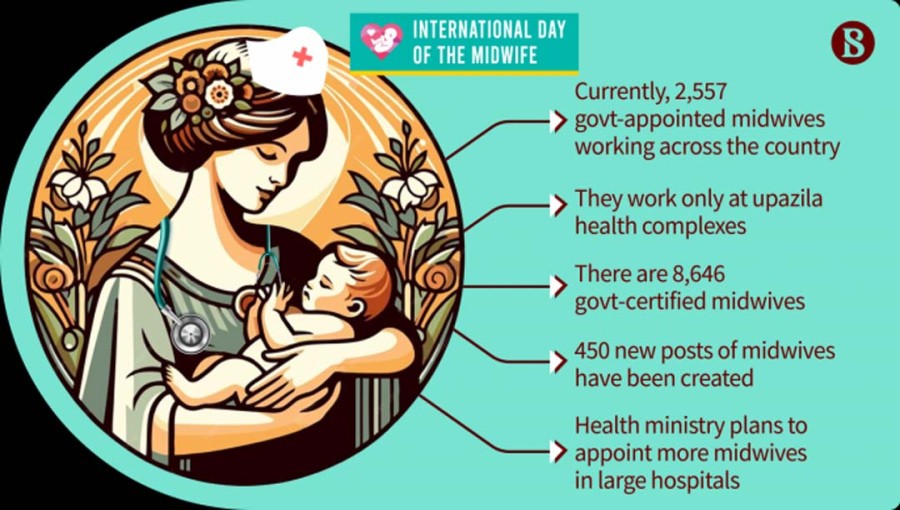

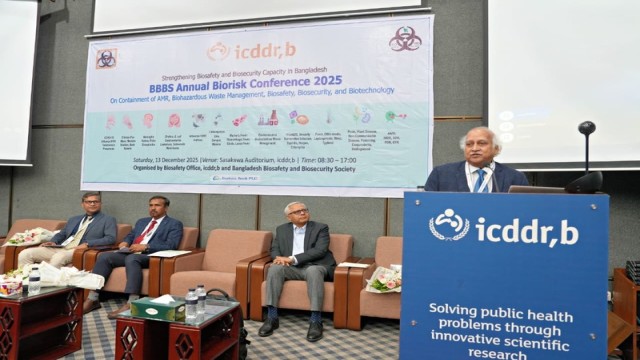
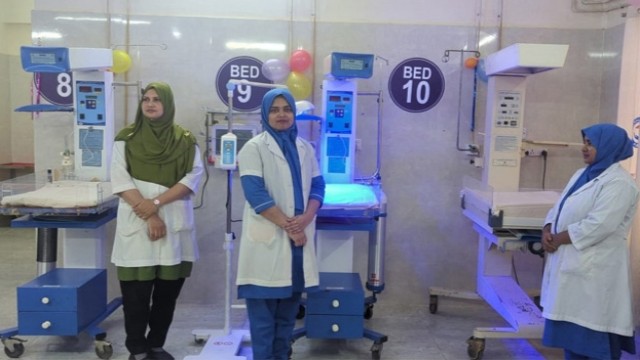
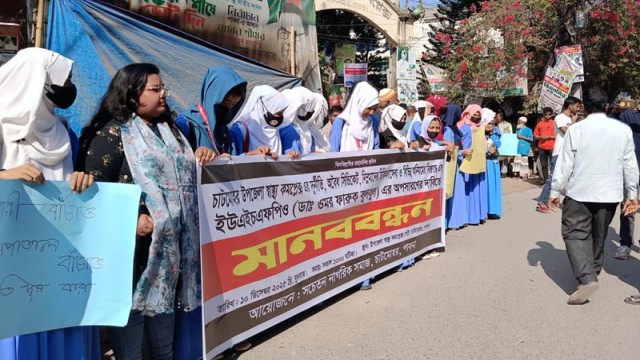
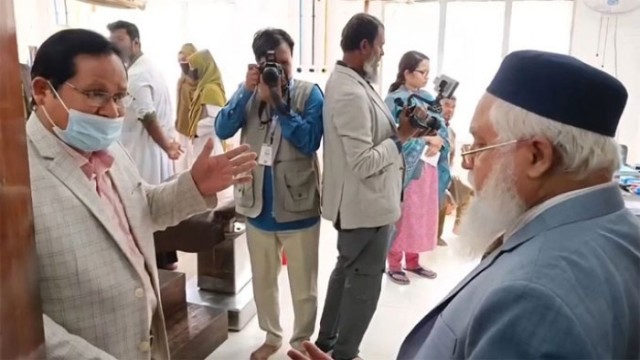
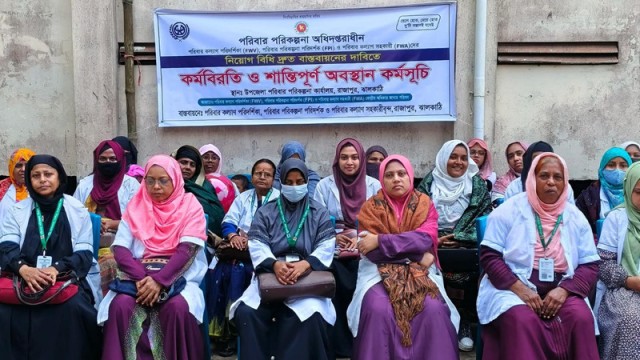

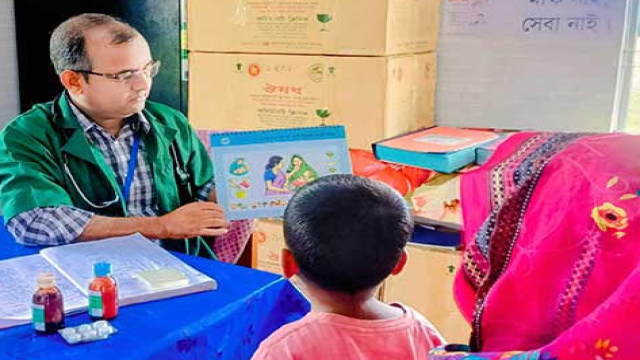



















Comment: